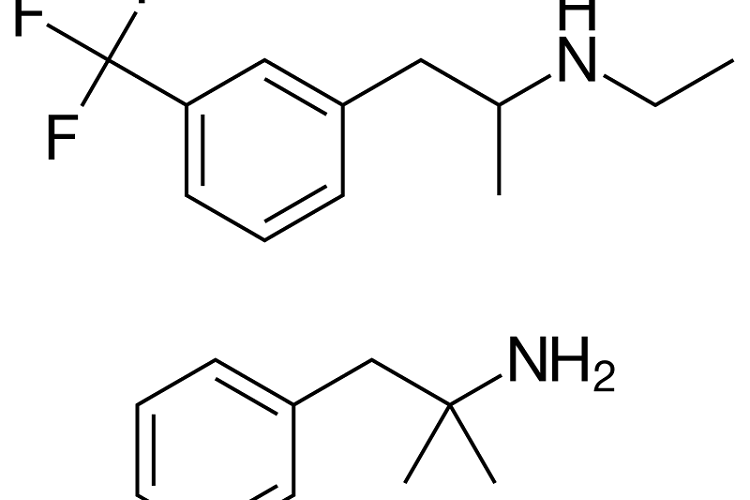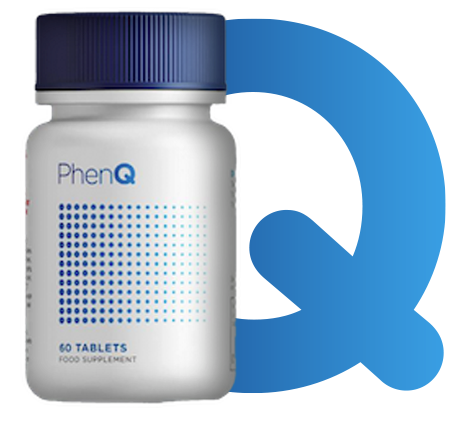Fact 1; The Risks of Mixing Alcohol and Phentermine
When you combine alcohol, with Phentermine it can have repercussions for your well being.
Alcohol acts as a depressant slowing down your system while Phentermine works as a stimulant increasing your heart rate and blood pressure.
The combination of these two substances can strain your system. Heighten the chances of heart related issues like heart attacks or strokes.
Using alcohol alongside Phentermine can result in side effects such as dizziness, drowsiness, impaired decision making abilities and an increased likelihood of accidents.
Furthermore it has the potential to exacerbate the side effects associated with Phentermine use like insomnia, restlessness and anxiety.
Moreover mixing alcohol with Phentermine raises the risk of liver damage. Interferes with the bodys ability to metabolize the medication effectively.
It is crucial to note that alcohol can also diminish the effectiveness of Phentermine, in aiding weight loss efforts.
If you are currently taking Phentermine it is advisable to avoid consuming alcohol. This will ensure your safety. Maximize the benefits offered by this medication.
There is a chance of experiencing heart problems feeling drowsy and impaired judgment when taking Phentermine. Additionally the side effects of Phentermine may worsen. There is also an increased risk of liver damage as the potential, for interference with Phentermines effectiveness.
It’s worth noting that both alcohol and Phentermine have properties. Alcohol is a substance known to cause both psychological dependence. On the hand Phentermine is a prescription medication classified as a controlled substance due to its potential for abuse and addiction.
When alcohol and Phentermine are combined the risk of addiction becomes even greater. The stimulating effects of Phentermine can mask the sedating effects of alcohol, leading individuals to consume alcohol than they usually would. This can result in a likelihood of becoming dependent on both substances.
To ensure your safety and well being when using Phentermine it’s important to be aware of the potential, for addiction and follow your healthcare providers prescribed usage guidelines. If you have a history of alcohol or substance abuse its recommended that you discuss this with your doctor before starting Phentermine treatment.
Alcohol and Phentermine are substances that have the potential, for addiction.
Combining alcohol. Phentermine raises the risk of developing an addiction.
The stimulating effects of Phentermine can mask the sedating effects of alcohol.
It’s important to use Phentermine as directed by your healthcare provider.
Make sure to discuss any history of alcohol or substance abuse with your doctor.
Alcohol Can Interfere with the Weight Loss Effects of Phentermine
One of the reasons people take Phentermine is to support weight loss.
Phentermine works by suppressing appetite and boosting metabolism helping individuals consume calories and burn more.
However alcohol can hinder the weight loss effects of Phentermine.
Alcohol is high in calories. Can contribute to weight gain.
When you consume alcohol your body prioritizes metabolizing it over burning fat.
As a result the calories from alcohol are more likely to be stored as fat of being burned off.
Moreover alcohol can reduce inhibitions and impair judgment making it harder to stick to an eating plan while using Phentermine.
It may also enhance cravings for high calorie foods further undermining efforts, for weight loss.
If you’re taking Phentermine to lose weight it’s advisable to abstain from consuming alcohol. To ensure that you make the most of the weight loss benefits of the medication and avoid any setbacks it’s important to follow these guidelines.
Drinking alcohol is not recommended as it contains an amount of calories that can contribute to weight gain. Moreover when you consume alcohol your body prioritizes metabolizing it over burning fat, which can hinder your progress. Additionally alcohol has the potential to lower inhibitions and impair judgment leading to increased cravings, for high calorie foods. By avoiding alcohol while taking Phentermine you can maximize its weight loss benefits.
Another aspect to consider is how both alcohol and Phentermine can affect health. Alcohol acts as a depressant. Can worsen symptoms of depression and anxiety. On the hand Phentermine may cause side effects such, as restlessness, irritability and mood swings. When these substances are combined there is an increased risk of exacerbating health conditions.
Combining alcohol with Phentermine intensifies its side effects making individuals feel more restless, irritable or anxious. This in turn can worsen symptoms of depression and anxiety. Furthermore both alcohol and Phentermine have the potential to impair judgment and decision making abilities which further impact health negatively.
It is crucial to be aware of these effects and discuss any concerns regarding your health with your healthcare provider. Alcohol, being a depressant has the potential to exacerbate symptoms of depression and anxiety. Phentermine may cause restlessness, irritability and mood swings. When alcohol and Phentermine are combined it can intensify health symptoms. Both alcohol and Phentermine have the ability to impair judgment and decision making abilities. If you have any concerns regarding this matter it would be advisable to discuss them with your healthcare provider.
Alcohol Can Heighten the Risk of Phentermines Side Effects
Phentermine is a medication that can result in side effects, like insomnia, dry mouth, increased heart rate and elevated blood pressure.
The consumption of alcohol can amplify both the risk and severity of these side effects.
To elaborate on how alcohol increases the risk of Phentermines side effects;
Alcohol acts as a diuretic which promotes increased urine production leading to dehydration.
Dehydration can worsen side effects such as mouth and dizziness associated with using Phentermine.
Furthermore alcohol can interact with Phentermine increasing its concentration, in the bloodstream.
This consequently elevates the likelihood of experiencing side effects like an increased heart rate and elevated blood pressure.
To minimize any risks associated with taking Phentermine it is strongly recommended to refrain from consuming alcohol.
It is also crucial to maintain hydration by drinking amounts of water throughout the day. Alcohol has the potential to increase the production of urine leading to dehydration. When dehydration occurs it can worsen side effects, like mouth and dizziness. Moreover alcohol can interact with Phentermine causing an increase in medication concentration. Consequently there is a risk of experiencing side effects such as heart rate and increased blood pressure. To ensure the effective use of Phentermine it is advised to refrain from consuming alcohol and maintain hydration.
The Impact of Alcohol on Phentermines Effectiveness
Phentermine functions by stimulating the release of chemicals in the brain that assist in appetite control and metabolism enhancement. However alcohol can interfere with Phentermines effectiveness by altering these chemical levels in the brain.
Alcohol acts as a depressant on the system disrupting the delicate balance of chemicals that Phentermine relies on to work properly. This interference can lead to reduced appetite suppression and hinder weight loss efforts.
Furthermore alcohol consumption can impair function and decision making abilities. This may make it more challenging, for individuals taking Phentermine to adhere to an eating plan.
To maximize the benefits of Phentermine treatment it is strongly recommended that individuals avoid alcohol consumption altogether while following their healthcare providers diet and exercise plan. Alcohol has the ability to change the chemical levels in the brain. It can interfere with Phentermines effectiveness, in suppressing appetite and promoting weight loss. Moreover it can impair function and decision making skills. To maximize the benefits of Phentermine it is advised to refrain from consuming alcohol. It is important to stick to a diet and exercise plan as prescribed by your healthcare provider.
Alcohol Increases the Likelihood of Phentermine Overdose
Phentermine is a prescription medication that should be taken according to your healthcare providers instructions. Taking more than the prescribed dose of Phentermine can result in an overdose, which poses a life threatening risk. Consuming alcohol increases the chances of experiencing a Phentermine overdose. Alcohol can affect judgment and decision making abilities making individuals more prone to exceeding their dosage of Phentermine.
This heightens the risk of overdose. Furthermore alcohol can interact with Phentermine. Elevate its concentration, in the bloodstream. This also contributes to an increased risk of overdose. If you are using Phentermine it’s crucial to adhere to your healthcare providers guidance and avoid alcohol consumption in order to minimize the risk of overdose.
Should you suspect an overdose seek attention. Drinking alcohol can affect your ability to make judgments and decisions. It also increases the chances of taking Phentermine than what has been prescribed. Keep in mind that alcohol can interact with Phentermine and cause the medication to become more concentrated, in your system increasing the risk of an overdose. It’s important to follow the instructions given by your healthcare provider and avoid consuming alcohol while taking Phentermine.






















Add comment